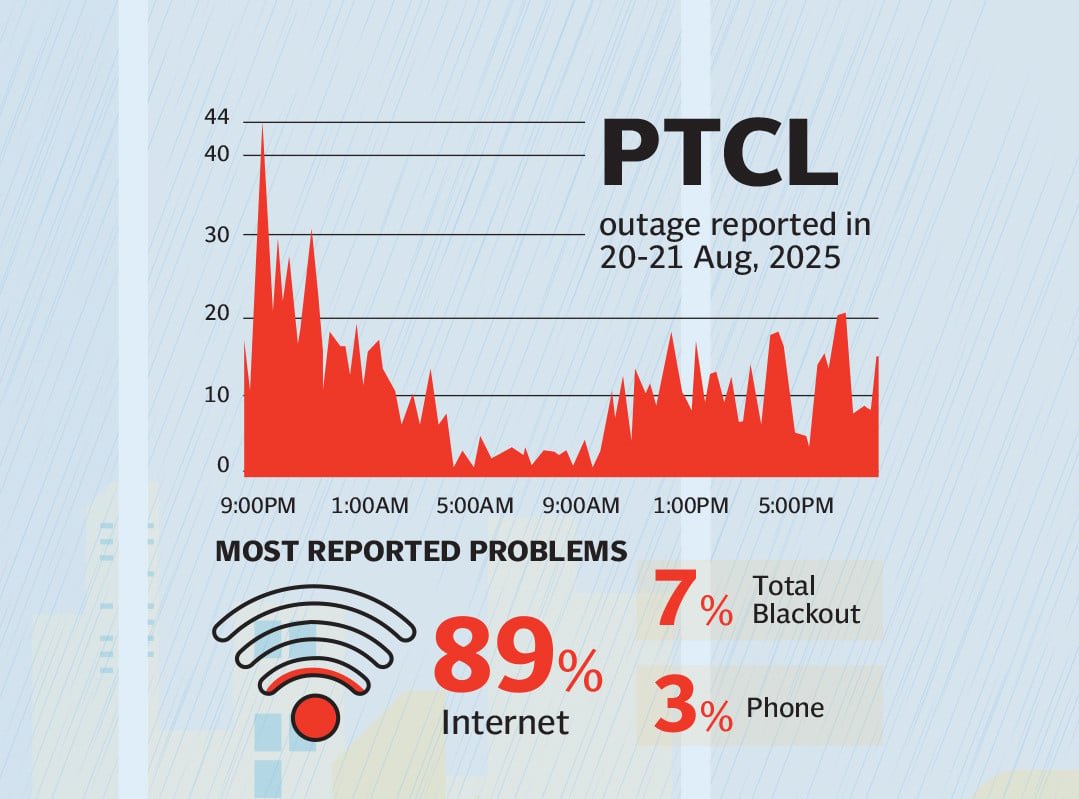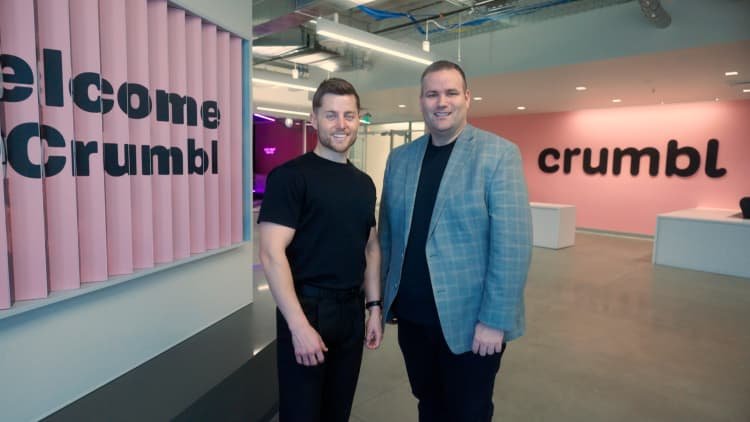The Future of Mental Health: AI-Powered Therapy
In today’s fast-paced world, mental health challenges like anxiety, PTSD, and depression are more prevalent than ever. For many, traditional therapy is not easily accessible—whether due to long waitlists, high costs, or stigma. Enter Pierre Cote, who turned his struggle into innovation by creating DrEllis.ai, an AI-driven tool designed to support men dealing with mental health issues. “It saved my life,” Cote said, a testament to the transformative potential of technology.
DrEllis.ai acts like a personal therapist, available anytime and anywhere. It uses large language models and is informed by thousands of pages of clinical materials to facilitate engaging conversations about one’s mental well-being. Unlike traditional therapy, this chatbot is always accessible—making it a convenient tool for those who need immediate support.
But what does this shift toward AI in mental health mean for traditional therapists? Anson Whitmer, another pioneer in the sector, emphasizes the importance of understanding the deeper issues behind mental health struggles. His platforms aim to address root causes rather than providing quick fixes. “In 2026… our AI therapy can be better than human therapy,” Whitmer predicts, but he also recognizes the essential role of human therapists.
Despite the innovative approach, experts like Dr. Nigel Mulligan are cautious. They stress the irreplaceable value of human connection and emotional nuance in real therapy. While AI can provide comforting interactions, it lacks the ability to genuinely understand and respond to complex human emotions.
Furthermore, there are significant privacy and ethical concerns tied to AI therapy. As technologies continue to evolve, so do worries about data privacy—especially when sensitive personal information is involved. Several jurisdictions have started to limit the use of AI in mental health contexts to protect vulnerable populations from these risks.
Despite these concerns, the reality is that AI is gaining traction. It can serve as a useful resource, helping to identify feelings and offering initial support. Yet, experts agree: it should not replace human therapists but rather complement their efforts. The ideal situation is to use AI as a gateway to professional treatment, giving users the assistance they need in the interim.
So, whether you’re considering AI tools, seeking a therapist, or simply trying to understand mental health better, it’s crucial to stay informed. Resources like Pro21st offer insights and connections to help you navigate this evolving landscape. After all, in a world where technology and mental health intersect, understanding your options is key to a healthier future.





